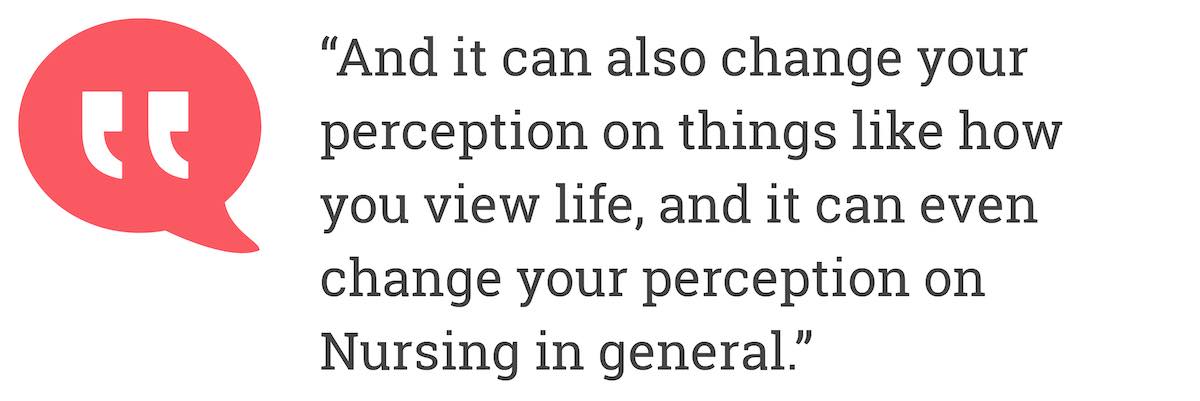Following on from our last piece, Nicola gives some more in depth thoughts on how to cope with the loss of a patient.
Topics Covered In This Article
Introduction
Hi guys, my name is Nicola and I'm a Neonatal Nurse.
Today I'm going to be sharing with you some advice in regards to dealing with a dying patient.
So dealing with a dying patient can be a really, really difficult experience, whether it's your first or your second or your third time, that kind of situation is never easy.
It can be quite confusing to know what is expected of you as a professional. It can be hard to know what to expect because every situation is different.









About this contributor
NICU Nurse
My name is Nicola Wiafe and I am a NICU Nurse with six years worth of Nursing experience. I have previously worked in the NHS, Australia and now I am on a career break Nursing in the Middle East. I also run a Nurse-led aesthetics business alongside my NICU Nursing and I am currently completing my level 7 qualification in aesthetics medicine. I am really passionate about encouraging Nurses to strike a work life balance that works for them.
More by this contributorWant to get involved in the discussion?
Log In Subscribe to comment